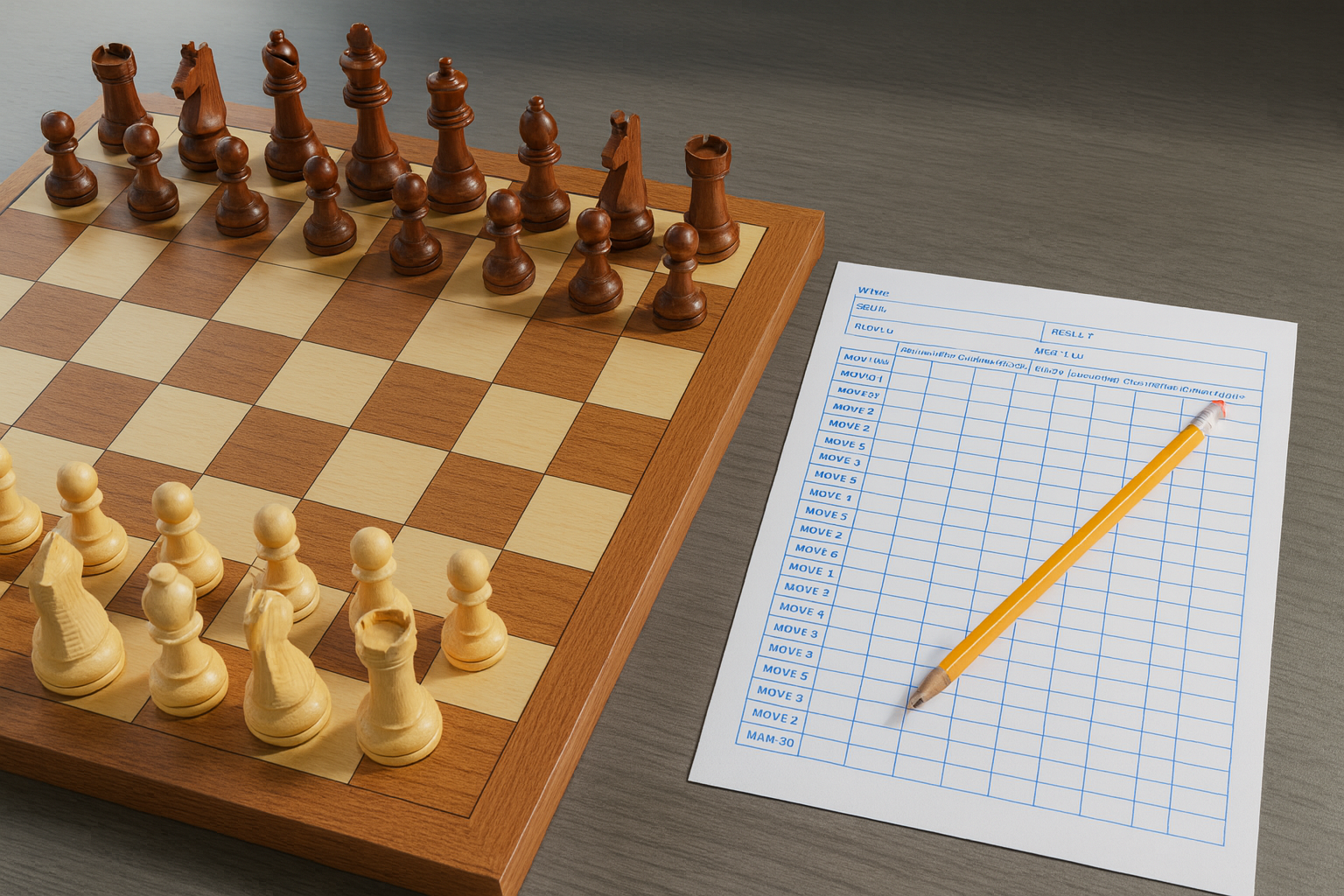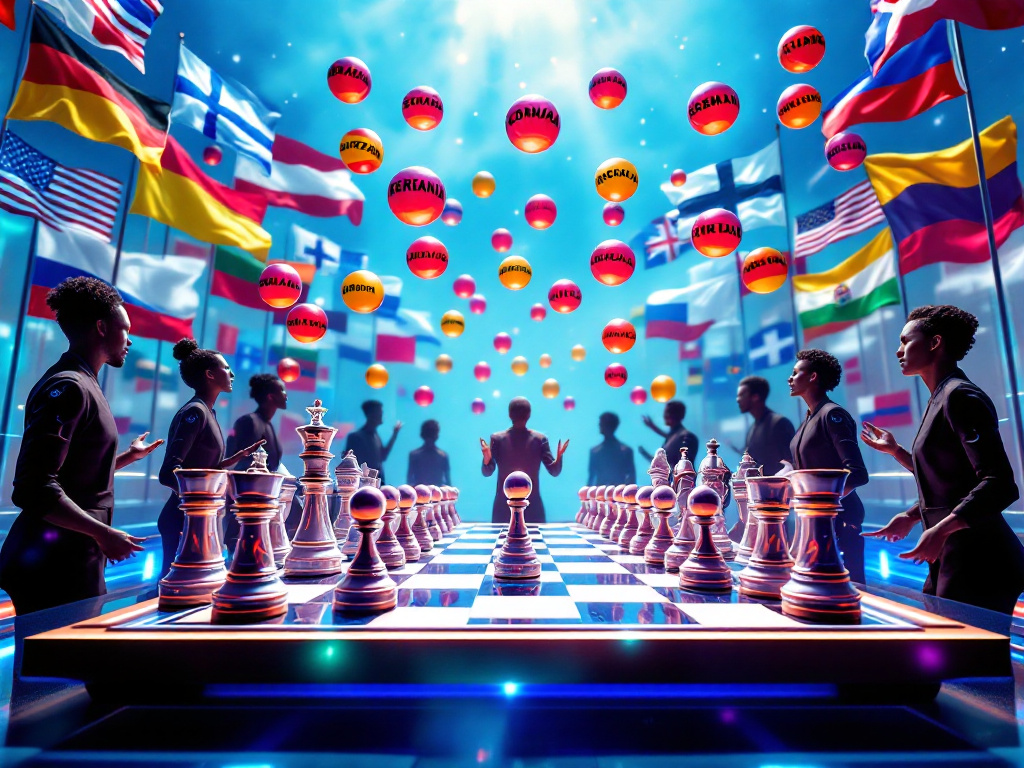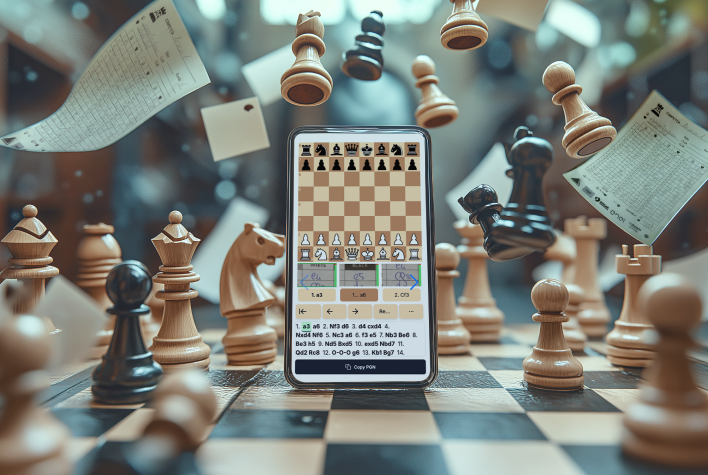· Vlad · Chess · 3 min read
The Timeless Beauty of Chess
Explore the rich history, strategic depth, and modern advancements of chess, a game that transcends time and cultures.

Introduction
Chess is more than just a game. For centuries, it has been a symbol of intellect, strategy, and cultural exchange. Whether you’re a casual player or a seasoned grandmaster, the allure of chess lies in its simplicity and depth. Let’s journey through the history of chess, its timeless appeal, and its exciting evolution in the modern era.
A Rich History Spanning Centuries
Chess has its origins in Chaturanga, an ancient Indian game that emerged in the 6th century. From India, it spread to Persia and later to Europe, evolving into the modern chess we recognize today. By the 15th century, chess had undergone significant changes, such as the introduction of the powerful queen and standardized rules.
Key Milestones in Chess History
- 6th Century: Chaturanga is played in ancient India.
- Middle Ages: The game spreads to Persia and the Islamic world.
- 15th Century: Modern rules emerge in Europe, including the “queen’s gambit.”
- 19th Century: Competitive chess takes off with formalized tournaments.
- 20th Century: Chess becomes a global phenomenon with iconic players like Garry Kasparov and Bobby Fischer.
The Appeal of Chess
What makes chess so enduring?
Strategic Depth
Chess is a perfect balance of strategy, creativity, and logic. With over 10^120 possible positions, no two games are ever the same. Every move is a decision, requiring players to think ahead and adapt.
A Game for All Ages
From young learners to seasoned veterans, chess has no age limit. It’s a universal language that connects people from different cultures and backgrounds.
Cognitive Benefits
Chess sharpens the mind. Studies show it improves problem-solving, memory, and critical thinking skills. It’s no wonder schools worldwide are using chess to enhance education.
Chess in the Digital Era
The rise of technology has revolutionized how chess is played and enjoyed.
Online Platforms
Websites like Chess.com and Lichess have made chess accessible to millions. Players can compete against opponents worldwide, participate in tournaments, or learn from interactive lessons.
Artificial Intelligence
AI engines like Stockfish and AlphaZero have pushed the boundaries of chess strategy. These tools not only help players improve but also uncover new insights into the game.
Tools for Players
Innovative tools like XChess AI enable players to digitize and analyze their games, making it easier than ever to track progress and learn from mistakes.
Chess as a Teacher
Chess isn’t just about winning; it’s about growth. The game teaches:
- Patience: Good things come to those who wait.
- Resilience: One bad move doesn’t mean the end.
- Decision-Making: Every choice matters, on the board and in life.
How to Get Started
- Learn the Basics: Understand how the pieces move and the rules of the game.
- Practice Regularly: Play against friends, AI, or online opponents.
- Study Games: Analyze famous matches to learn strategies.
- Use Tools: Platforms and apps offer puzzles, lessons, and analysis.
The Future of Chess
The game of chess is more vibrant than ever. With advancements in technology and a growing global community, the future holds exciting possibilities:
- Virtual Reality Chessboards: Immerse yourself in the game like never before.
- AI-Driven Analysis: Personalized coaching and insights tailored to your style.
- Global Tournaments: Increased access to competitions for players of all levels.
Conclusion
Chess is a timeless masterpiece, a game that challenges the mind and inspires the soul. Whether you play for fun, competition, or self-improvement, chess offers endless opportunities to grow. So set up your board, make your first move, and embark on a journey that has captivated humanity for centuries.
#Chess #History #Culture #Strategy #AI #GameImprovement




